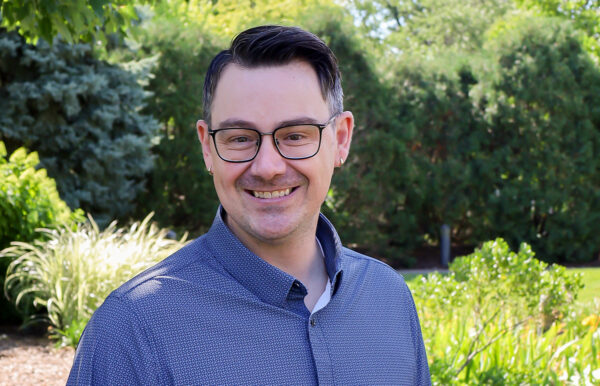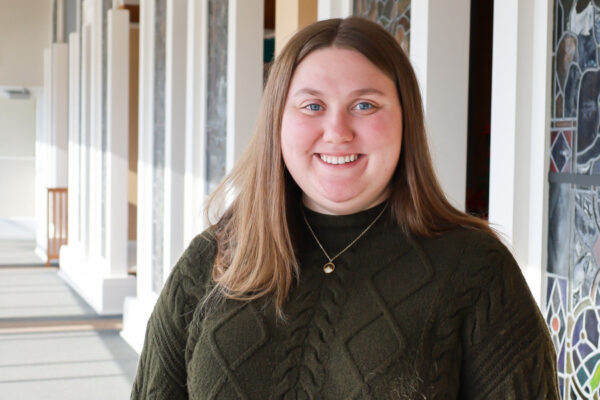Is it ever okay to lie?
Is it ever okay to lie? Our numerous and nuanced responses to this question could fill a library. None of them, however, should mask the fact that we all lie. Most of us are quite adept at it. We may lie to promote ourselves or protect ourselves or influence others. Sometimes we’re not sure why we lie. Strangely enough, lying is a deeply ingrained human trait, much like its counterpart – the need to trust other human beings. Children begin lying as early as age two, often to test their independence.
If you doubt your capacity to lie, or “bend the truth,” just think of a time when someone asked you how you were feeling, and you responded with words that weren’t entirely true. Or recall a time when a friend asked you what you thought of her new hair cut, or glasses, or difficult (to you at least) boyfriend, and you couldn’t bear to tell the truth of what was on your mind.
Consistently lying about objective truth isn’t a good way to become a whole person. To be “true to our word” suggests that integrity, reliability, and fidelity – virtuous qualities, to be sure – are important to us. This is good.
There is one setting, however, that is causing me to broaden my interpretive horizons about lying. I have in mind a memory care unit where some of our church members have spent their final seasons. On a recent visit, I struck up a conversation with one of the staff. We got to talking about the nature of dementia and what it takes to provide quality care for residents in advanced stages. The more she shared, the more I came to realize that some lying is not only unavoidable for those who work in these settings every day; lying can also serve as a protective measure for residents who have no power to alter cruel truths about their circumstances.
It’s not at all uncommon to hear residents in a memory care unit pleading to go home. Some facilities create vintage landscapes and artificial settings, including even fake bus stops. A resident who insists on going home may sit at the bus stop for a while until he forgets why he’s there, at which point he returns contentedly to his room to continue on with life.
The more I visit people in memory care, the more admiration I have for the most selfless caregivers. Do they tell every patient or resident the truth all the time? No, they certainly don’t. But their lying may be an ethical way of being present to individuals whose confused minds want nothing more than basic security and moment-to-moment peace. “Compassionate deception” is what some health professionals call this activity. If thoughtfully administered, it strikes me as congruent with faithful living.





Andrea W
Question…I have had this discussion with Christian peers several times and am wondering your opinion. Is it lying/would God disapprove of Santa, the Easter Bunny, the Tooth Fairy? Are parents sinning?
Heather Geest
Preach it, Peter. God is compassionate, merciful and generous. All humans fall short of God’s glory. Like our confessions state: “If we say we have no sin, we deceive ourselves, and the truth is not in us. But if we confess our sins, God who is faithful and just will forgive our sins and cleanse us from all unrighteousness.” It is God alone who is able to see all sin. Typically, humans fall short on being able to see their own behavior, actions or words as being “sinful”. Because there are sins of omission and commission, I like the the concept of “compassionate omission” when it comes to overlooking sin for the good of my neighbor and the health and integrity of the relationship. Furthermore, I think it is important to interpret all of our relationships in the best possible light and speak well of one another. This is Christ’s light and way of peace that radiates love into the darkness. Thanks again for shining the light on a sensitive issue.
RICHARD QUINN
A very perceptive insight, Peter. I am one of those who had to lie or fib for a number of years when my mother was admitted to a Memory Care Unit with Dementia. It was a difficult thing to do, and, at times, I felt ashamed that I was outright lying to my own mother when she would ask if she could go home with us. Many times my response was, “Mom, we have some errands to run right now, so we’ll be back later to pick you up”, knowing full well that when we left, we were headed straight home. It was tough to do, but I also knew that she was being taken care of far better than we could. That, along with the fact that 5 minutes after we left, she wouldn’t remember that we had even been there. Each time we left, we asked God to forgive us for the deception and I truly believe He understood.
Marian Storjohann
Thanks for that message. Very timely for me.
David DeWit
I’ve found that at times, in order to keep from causing hurt, it is best to practice “compassionate omission,” i.e., leaving some things out that a complete truthful assessment would include. As my mother used to say, “If you can’t say somethin’ nice, don’t say nothin’ at all.”
Jerry Zavitz
Compassionate Deception really sums up what I have to do, Thanks for this reflection.
Pam Spear
I completely understand and agree that sometimes lying is the kinder thing to do. As a care giver, I had to learn compassionate care giving. There are even times when I wished I could have been more compassionate and patient. We are not perfect people. We do the best we can in difficult situations and that’s okay with God.
Terre Klipsch
Thank you for your wisdom Pastor Marty. I just took a care givers workshop for people who work with dementia patients. I was taken aback when they said you can “fib” to people if it makes them feel better. I didn’t like that statement although I understand why it was in the training. I really like the term “compassionate deception” as it makes ME feel better.
I understand all the reasons and I do lie just like everyone else but this made me understand the real concept. Again, thank you!